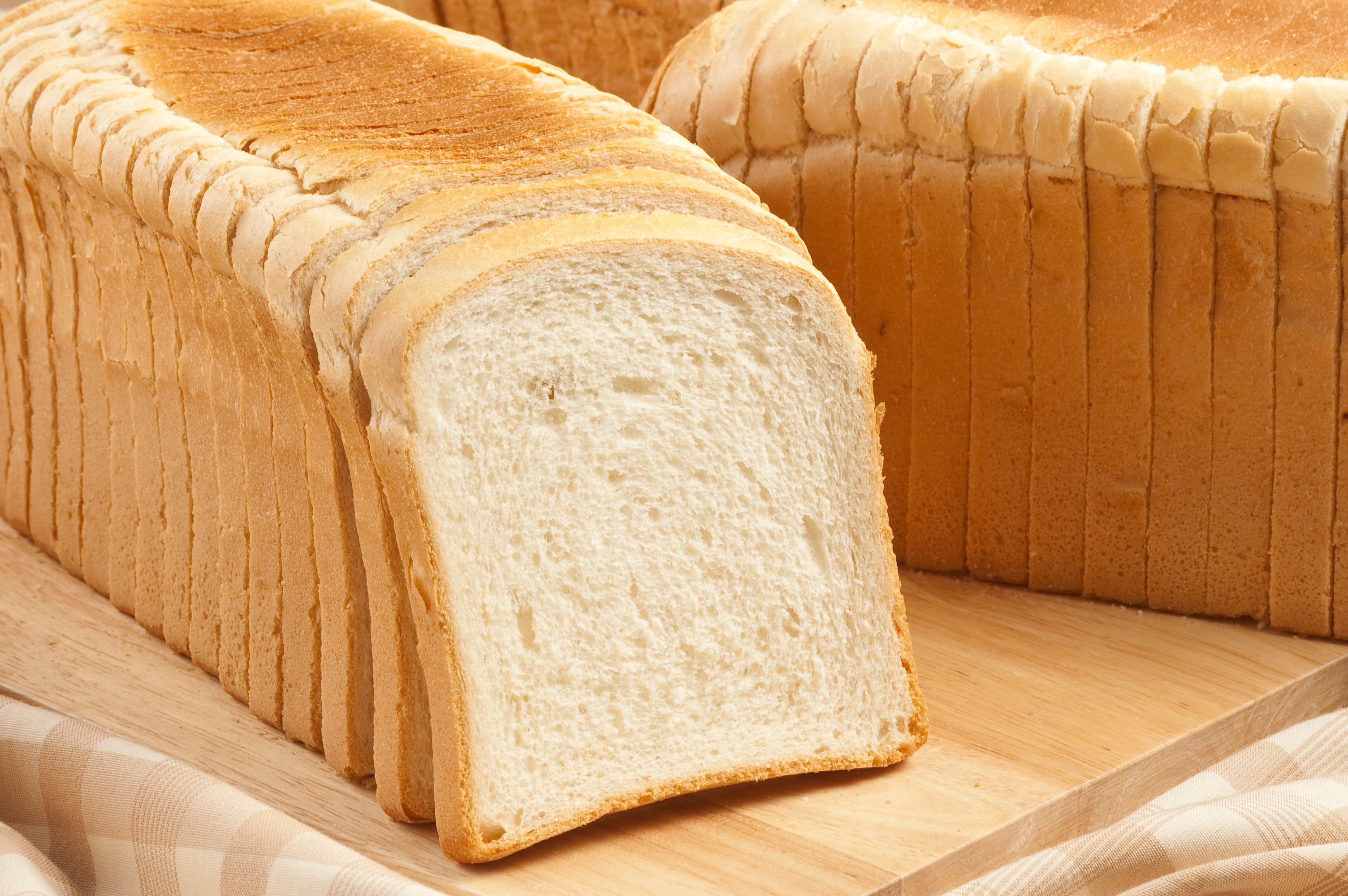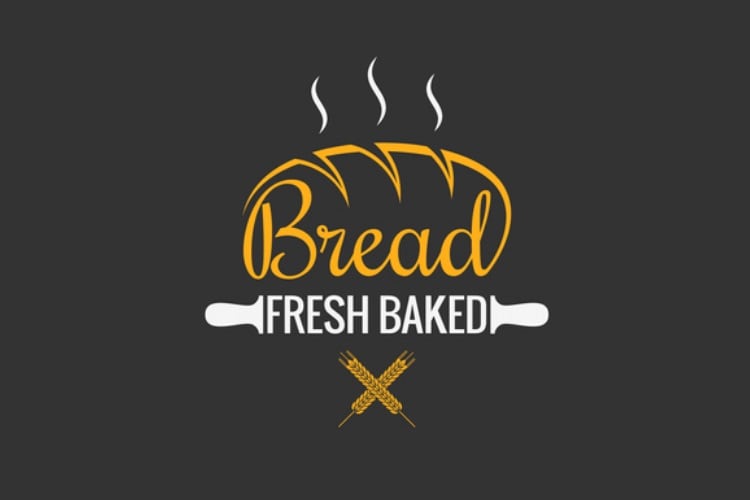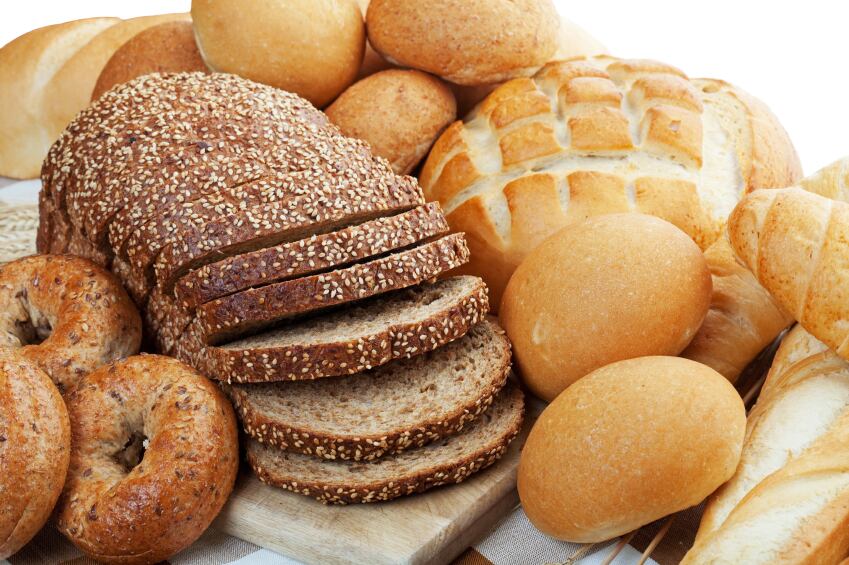According to the Real Bread Campaign, late last year, the Department for Environment, Food & Rural Affairs (Defra) ‘archived’ the document ‘Criteria for the use of the terms fresh, pure, natural etc. in food labelling’: a government-published guide designed to prevent misleading marketing and protect both consumers and honest food businesses.
Now, with the backing of the Chartered Trading Standards Institute (CTSI), the Campaign is calling for the immediate reinstatement of the guidance, followed by a public consultation to develop updated and legally robust standards.
At the centre of the outcry is Chris Young, the Real Bread Campaign’s coordinator, who is not mincing words about what he sees as a calculated erosion of consumer protection.
‘Can’t be put down to Musk-like carelessness’

“Defra has not given any reason or defence for secretly removing this consumer protection,” Young told this site. “The fact that we’ve been challenging the move since September 2024 suggests it can’t be put down to Musk-like carelessness.”
ertain commercial interests to strip back regulatory clarity. “We could speculate that there has been pressure from companies that want to profit from using marketing terms in whatever ways they see fit,” he added.
This quiet removal of standards – developed through a 2008 Food Standards Agency consultation involving over 1,200 stakeholders – has left the UK with a dangerous vacuum, according to Young. Without official definitions or constraints around terms like ‘freshly baked’, ‘artisan’, ‘traditional’ or ‘natural’, brands are now freer than ever to use such labels with impunity, regardless of how misleading they may be.
Young claims this is not simply a case of policy oversight but a symptom of a broader political failure. “Conservative governments have a long history of favouring deregulation,” he said. “Their lack of appetite to protect shoppers, leaving us all to the wolves of a supposedly ‘free market’, is unsurprising.”
This alleged deregulatory trend has not only weakened consumer rights but has also disadvantaged ethical producers who abide by higher standards. “Clear legislation and official guidance help to create a level playing field that is beneficial to businesses of all types and sizes,” said Young. “When one company cuts corners but markets itself using the same language as a truly traditional baker, it undermines everyone.”
Growing risks in a changing marketplace

The 2008 guidance once played a key role in stopping misleading claims: most notably in 2018, when the Advertising Standards Authority forced Pret a Manger to drop the word natural from its marketing after it was found to be using industrial dough with additives.
Yet that kind of enforcement may now be far harder to achieve. Young warned that consumer protection bodies will now face a flood of complaints over food marketing terms without any central framework to guide decisions.
“In the 16 years since we launched the Real Bread Campaign, we have seen repeated defunding of the Food Standards Agency, trading standards and environmental health services,” said Young. “The bakery sector has moved on, as have consumer expectations, but regulations and guidance have failed to keep pace.”
The concern is particularly acute in the bread aisle, where industrially processed loaves that are re-baked instore but made days earlier can be sold under ‘freshly baked’ banners, a practice Young says “does not accurately reflect the truth of when, where and how products were manufactured.”
The guidance was never perfect, but it was a critical tool. “It was valued by both Trading Standards professionals and businesses alike,” said CTSI head of Policy & Campaigns Jessica Merryfield. “It gave clarity; ensured consistency; and gave confidence to consumers who could trust the terms when they saw them.”
Now, the absence of that clarity not only increases the burden on regulators but also leaves shoppers in the dark. “With many people’s budgets getting tighter, it’s increasingly important that everyone can trust we’re getting what companies promise we’re paying for,” said Young.
Turning point?

The Real Bread Campaign’s persistence has begun to bear fruit. Earlier this month, the Chartered Trading Standards Institute publicly backed the Campaign’s demand for reinstatement and consultation. This endorsement from a government-adjacent enforcement body could be pivotal.
“While any government ignoring or dismissing our calls is frustrating, surely the current one will not treat representations from a chartered institution, with which they work closely, in the same way,” said Young.
If the government continues to stonewall the issue, Young said the Real Bread Campaign will escalate its pressure through public engagement and continued lobbying. “We are still hopeful of meeting to discuss all of our Honest Crust Act proposals for updated and improved composition, labelling and marketing standards, with temporary reinstatement of the guidance as an interim measure.”
The Honest Crust Act, proposed by the Real Bread Campaign as early as 2009, would legislate transparency around ingredients, processing and marketing claims – offering a full legal framework where now there is only confusion.
For now, campaigners are urging food businesses, trade bodies and consumers to join their call by writing to MPs and Defra to demand action.
A wake-up call for the industry

At a time when the food industry is under increasing pressure to demonstrate transparency, sustainability and integrity, the alleged quiet removal of guidance protecting consumers from marketing spin raises serious questions. Is this simply an overlooked procedural lapse or, as Young claims, a deliberate move to clear the way for unfettered commercial language?
Whatever the truth, the fact remains that many of the terms consumers rely on – natural, authentic, fresh, real – no longer have an agreed definition in law or government guidance. For the UK’s £4 billion bread and bakery sector, that’s not just a semantic issue: it’s a structural one.
As Young put it, “This is about the right to know what we’re buying, and the right for honest bakers to compete fairly. Anything less is a betrayal of public trust.”


